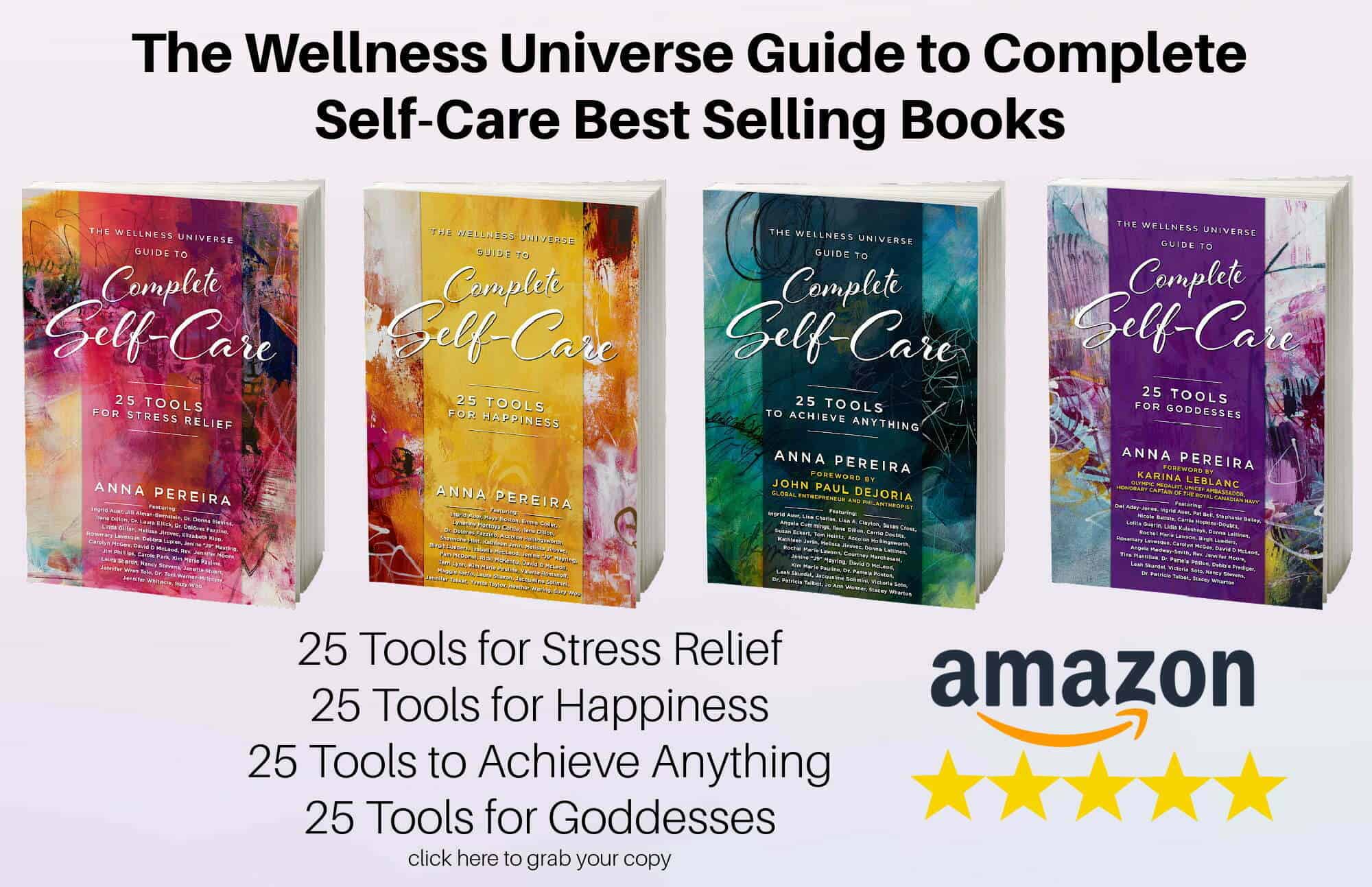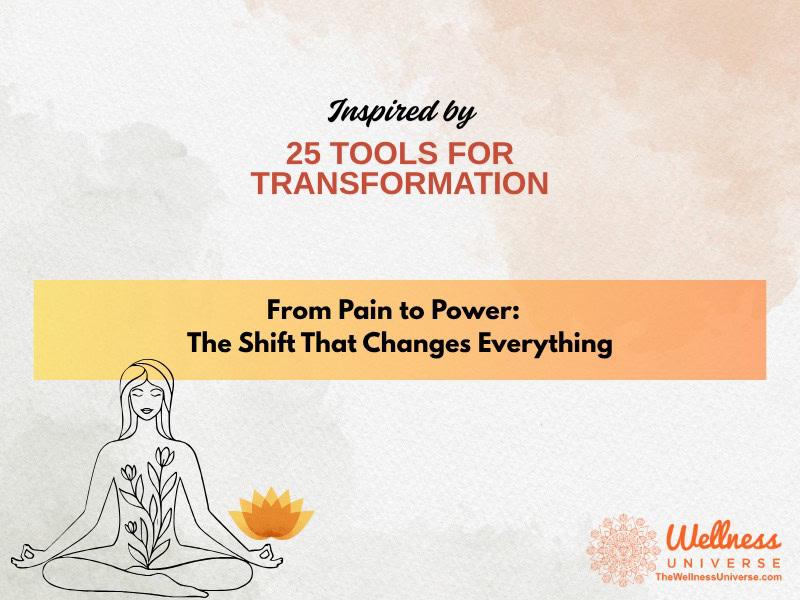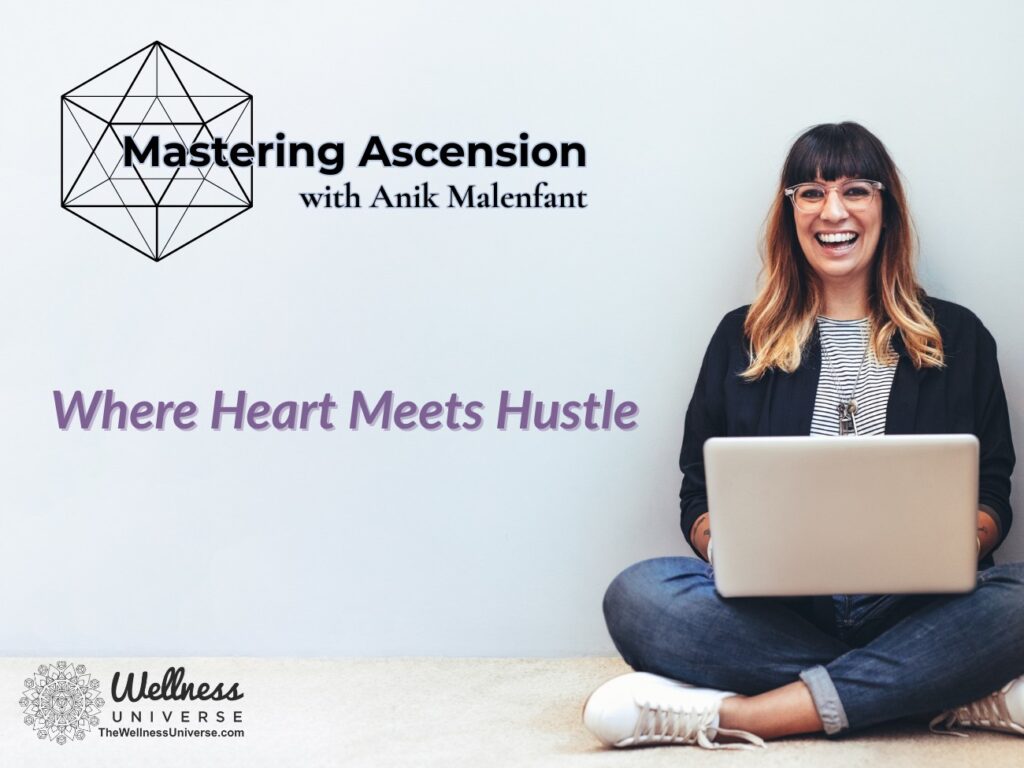Mental health has long been a topic shrouded in stigma, often leading to silence, misunderstanding, and discrimination. Despite significant advancements in awareness and treatment, many people still hesitate to talk openly about their mental health struggles. This reluctance can have devastating consequences, as it prevents individuals from seeking the help they need, leading to worsening symptoms and, in some cases, suicide.
Breaking the stigma around mental health is not just important—it’s a matter of life and death. By fostering open and supportive conversations, we can create an environment where everyone feels safe to share their experiences and seek the help they need. In this blog, we’ll explore why mental health stigma persists, the impact it has on individuals and society, and how we can work together to dismantle it.
Understanding the Roots of Mental Health Stigma
Stigma around mental health is deeply rooted in cultural, historical, and societal factors. For centuries, mental illness was misunderstood and often associated with moral failings, weakness, or even demonic possession. These misconceptions have evolved, but their remnants still influence how mental health is perceived today.
Cultural and Historical Influences
Different cultures have their own ways of interpreting and dealing with mental illness. In some cultures, mental health issues are viewed as a sign of weakness or a lack of discipline, leading individuals to suffer in silence rather than seek help. Historically, those with mental illnesses were often ostracized or institutionalized, reinforcing the idea that mental health struggles are something to be hidden.
Misrepresentation in Media
The portrayal of mental illness in media has also contributed to the stigma. Movies, television shows, and news stories often depict individuals with mental health issues as dangerous, unpredictable, or weak. These negative portrayals shape public perception and can lead to fear and misunderstanding.
Lack of Education and Awareness
Many people simply do not understand mental health issues because they have not been properly educated. Without accurate information, it’s easy to fall back on stereotypes and misconceptions. This lack of awareness can lead to discrimination, both in personal relationships and in broader societal contexts, such as the workplace or healthcare system.
The Impact of Mental Health Stigma
The stigma surrounding mental health has far-reaching consequences, affecting individuals on both personal and societal levels. The most significant impacts include:
Barriers to Seeking Help
One of the most damaging effects of mental health stigma is that it discourages people from seeking help. According to the National Institute of Mental Health, nearly half of people with a mental illness do not receive treatment. Many fear being judged, labeled, or discriminated against if they admit to having a mental health issue. This delay or avoidance of treatment can lead to worsening symptoms, making recovery more difficult.
Isolation and Loneliness
Stigma can lead to social isolation, as individuals may withdraw from friends, family, and social activities to avoid judgment or embarrassment. This isolation can exacerbate mental health issues, creating a vicious cycle where the lack of support leads to further decline in mental well-being.
Discrimination and Inequality
Stigma also perpetuates discrimination in various areas of life, including employment, education, and healthcare. Individuals with mental health issues may be unfairly treated, denied opportunities, or subjected to lower standards of care. This discrimination not only affects their quality of life but also reinforces the negative stereotypes that fuel stigma.
Internalized Stigma
Perhaps the most insidious impact of mental health stigma is internalized stigma, where individuals begin to believe the negative stereotypes about themselves. This can lead to feelings of shame, guilt, and worthlessness, which can further impair mental health and discourage individuals from seeking help.
Breaking the Stigma: How We Can Make a Difference
While mental health stigma is deeply entrenched, it is not insurmountable. By taking action at both individual and societal levels, we can begin to dismantle the barriers that prevent open conversations about mental health. Here’s how we can make a difference:
Educate Yourself and Others
Education is the first step in breaking the stigma. Take the time to learn about mental health issues, including their causes, symptoms, and treatments. Share this knowledge with others to help dispel myths and misconceptions. When people understand that mental illness is a medical condition, not a personal failing, they are more likely to approach it with empathy rather than judgment.
Speak Openly About Mental Health
One of the most powerful ways to combat stigma is by talking openly about mental health. Share your own experiences if you feel comfortable or encourage others to share theirs. By normalizing these conversations, we can create an environment where it’s okay to ask for help and where mental health is treated with the same importance as physical health.
Challenge Stigmatizing Language and Behaviors
Be mindful of the language you use and challenge others when they use stigmatizing language or behaviors. Terms like “crazy,” “psycho,” or “mental” can be hurtful and perpetuate negative stereotypes. Encourage others to use respectful language and to avoid making jokes or derogatory comments about mental health.
Support Mental Health Initiatives
Get involved in mental health initiatives, whether through volunteering, donating, or advocating for policy changes. Support organizations that work to raise awareness, provide resources, and improve access to mental health care. Your involvement can help drive societal change and reduce the stigma around mental health.
Encourage Professional Help
If someone you know is struggling with their mental health, encourage them to seek professional help. Remind them that it’s okay to ask for help and that mental health professionals are there to support them. Offer to assist them in finding a therapist, counselor, or support group.
The Role of Employers and Communities in Breaking the Stigma
Organizations and communities play a crucial role in breaking the stigma around mental health. Here are some ways they can contribute:
Creating Supportive Work Environments
Employers can help break the stigma by creating supportive work environments where mental health is prioritized. This can include offering mental health days, providing access to counseling services, and fostering a culture where employees feel comfortable discussing their mental health.
Implementing Mental Health Education Programs
Communities and organizations can implement mental health education programs to raise awareness and reduce stigma. These programs can provide valuable information about mental health issues and encourage open discussions.
Promoting Mental Health Resources
Make mental health resources readily available and visible within the community or workplace. This can include brochures, posters, and online resources that provide information on where to seek help and how to support others.
Breaking the stigma around mental health is an essential step in ensuring that everyone has access to the care and support they need. By educating ourselves, speaking openly, and challenging negative stereotypes, we can create a society where mental health is treated with the same importance as physical health. During Suicide Prevention Month and beyond, let’s commit to fostering environments where mental health is prioritized and where no one feels ashamed to ask for help.
All information, content, and material are for informational purposes only and are not intended to serve as a substitute for the consultation, diagnosis, and/or medical treatment of a qualified physician or healthcare provider. The information supplied through or on this page, or by any representative or agent of The Wellness Universe, is for informational purposes only and does not constitute medical, legal, or other professional advice. Health-related information provided through this website is not a substitute for medical advice and should not be used to diagnose or treat health problems or to prescribe any medical devices or other remedies. The Wellness Universe reserves the right to remove, edit, move, or close any content item for any reason, including, but not limited to, comments that are in violation of the laws and regulations formed pursuant to the Federal Food, Drug, and Cosmetic Act. None of the posts and articles on The Wellness Universe page may be reprinted without express written permission.
Welcome to Wellness Quarters! Imagine a space where wellness seamlessly integrates into every aspect of your life—where you hang out, live, and work. That’s exactly what we’re bringing to you.
Each episode of Wellness Quarters is a 15-minute burst of impactful conversation designed to elevate your well-being.
Join us twice a month as our host, Gayle Nowak, Communication & Emotional Wellness Coach, leads transformational discussions with members of The Wellness Universe. Together, we’ll explore insights and practices that empower you to live happier, healthier, and more fulfilled. Don’t miss out on these life-changing conversations!
Register Now: https://bit.ly/WellnessQuarters
Episode 2: 9/10 Tuesday 5pm ET/2pm PT
Guest: Marisa Ferrera
Topic: Triggers Are Teachers
Marisa Ferrera will share a 3-step process to help us let go of a painful memory so that we can experience more inner peace in the present.
Create Your Heart-Led PR Plan
An empowering and educational course designed to uplevel your message, deliver it with impact, and position yourself for success in the market.
Catch the replay – https://bit.ly/HeartLedPRPlan

See how our self-care books are helping thousands of people around the world. Digital and paperback books are available now.
Connect to the people that help you live your best life: The Wellness Universe
The Wellness Universe is your resource for health, wellness, well-being, and transformation. We serve and support professionals who make the world a better place and individuals and groups who seek their best life.
A woman owned company; having the vision in 2013, Anna Pereira launched the first directory in 2015 bringing together a community of members making the world a better place to be found by those seeking their best life. The Wellness Universe has grown since then to be a one-stop shop for total wellness support! We are a vetted community, online directory, book publisher, resource center, event producer, content platform, and so much more, supporting whole-health and well-being on a global scale.
The Wellness Universe is a home that connects industry professionals in the health, wellness, and well-being fields to seekers of total well-being. WU provides our WU World-Changer members with peer support, Wellness Universe produced events (live and online), projects, visibility, business mentoring, and community. Through The Wellness Universe our WU World-Changer members serve WU Friends, seekers of health, wellness and transformation, with coaching, workshops, content and more.
The Wellness Universe provides individuals and groups seeking their best lives with access to our members, wellness content, educational resources, and guidance in all areas of wellness to transform visions of how they want to live life into the life they experience.
Through the directory, WU Featured Blog, SoulTreat wellness retreat, Self-Care Books, group well-being programs, and online learning center, The Lounge, The Wellness Universe provides many avenues to support whole health, mind, body, spirit and planet.
Join us today! Wellness Professional or Seeker of Your Best Life






